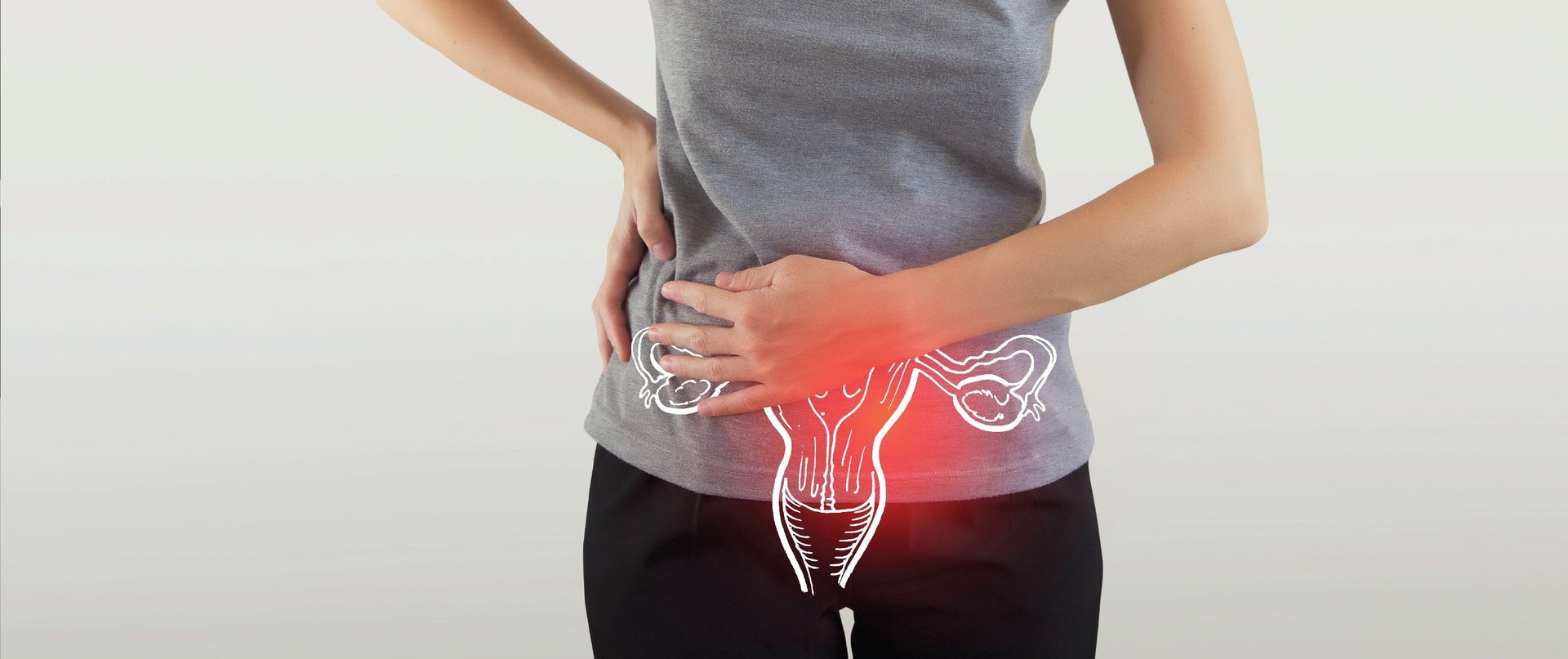PCOD

What is PCOD?
PCOD is a hormonal disorder common among women of reproductive age. Women with PCOD may have infrequent or prolonged menstrual periods or excess male hormone (androgen) levels. The ovaries1 may develop numerous small collections of fluid (follicles) and fail to regularly release eggs.2 The exact cause of PCOD is not fully understood, but it is believed to involve a combination of genetic and environmental factors. Insulin resistance, where the body's cells don't3 respond effectively to4 insulin, and elevated levels of androgens play significant roles in the development and progression of PCOD.
Why is PCOD a Growing Concern?
PCOD is an increasing concern globally due to several reasons. Firstly, rising rates of obesity and sedentary lifestyles are significant contributing factors, as excess weight can worsen insulin resistance and hormonal imbalances associated with PCOD. Secondly, increased awareness and improved diagnostic capabilities are leading to more frequent identification of PCOD. Furthermore, the long-term health implications of unmanaged PCOD, such as increased risk of type 2 diabetes, cardiovascular disease, endometrial cancer, and infertility, make its growing prevalence a serious public health issue. The impact of PCOD extends beyond physical health, often affecting mental well-being due to symptoms like acne, hirsutism (excess hair growth), and challenges with fertility.
What Causes PCOD?
The exact cause of PCOD is complex and not fully elucidated, but several key factors are believed to contribute to its development:
Insulin Resistance: Many women with PCOD have insulin resistance, meaning their body's cells don't respond effectively to insulin. This can lead to higher levels of insulin in the blood, which can stimulate the ovaries to produce more androgens.
Excess Androgen Production: Elevated levels of male hormones, such as testosterone, are a hallmark of PCOD. This can lead to symptoms like hirsutism, acne, and male-pattern baldness. The ovaries are a primary source of this excess androgen production.
Hormonal Imbalances: PCOD involves an imbalance of various hormones, including luteinizing hormone (LH) and follicle-stimulating hormone (FSH), which regulate the menstrual cycle. Elevated LH levels can contribute to increased androgen production.
Genetics: There is evidence suggesting a genetic predisposition to PCOD, as it often runs in families. Specific genes related to hormone production and insulin sensitivity may play a role.
Low-Grade Inflammation: Chronic low-grade inflammation has been observed in women with PCOD and may contribute to its development and associated complications.
How to Start Reversing PCOD Naturally?
While there is no definitive "cure" for PCOD, many women can significantly manage their symptoms and improve their overall health through natural strategies that address the underlying hormonal imbalances and insulin resistance. Key approaches include:
Dietary Modifications: Adopting a balanced diet with a focus on whole, unprocessed foods, including plenty of fruits, vegetables, and whole grains, is crucial for managing PCOD. Limiting refined carbohydrates, sugary drinks, and processed foods can help stabilize blood sugar levels and improve insulin sensitivity. A lower glycemic index (GI) diet may be particularly beneficial for managing PCOD.
Weight Management: For women with PCOD who are overweight or obese, losing even a modest amount of weight (5-10%) can significantly improve insulin resistance, regulate menstrual cycles, and reduce androgen levels.
Regular Exercise: Engaging in regular physical activity, including both cardiovascular exercise and strength training, can5 improve insulin sensitivity, help with weight management, and have a positive impact on hormonal balance in PCOD.
Stress Management: Chronic stress can exacerbate hormonal imbalances. Practicing stress-reducing techniques such as yoga, meditation, and deep breathing can be beneficial for managing PCOD symptoms.
Prioritizing Sleep: Adequate and quality sleep is essential for hormonal regulation and overall metabolic health, which can positively impact PCOD.
Specific Supplements (with professional guidance): Certain supplements, such as inositol, chromium, and N-acetylcysteine (NAC), may help improve insulin sensitivity and hormonal balance in some women with PCOD. However, it's crucial to consult with a healthcare professional before starting any supplements for PCOD.
It is essential for individuals with PCOD to work closely with healthcare professionals, including gynecologists, endocrinologists, and registered dietitians, to develop a personalized management plan. Natural strategies can be a powerful tool in managing PCOD symptoms and reducing the risk of long-term complications.
What Makes Nutri Guard Different for PCOD?
Nutri Guard offers a specialized approach to supporting individuals with PCOD by focusing on:
Personalized Nutrition for Hormonal Balance: Developing tailored dietary plans that address the specific hormonal imbalances and insulin resistance commonly seen in PCOD. This goes beyond general healthy eating advice and focuses on nutrient timing, macronutrient ratios, and foods that can positively influence hormone regulation in PCOD.
Targeting Insulin Sensitivity: Implementing specific dietary and lifestyle strategies designed to improve insulin sensitivity, a key underlying factor in PCOD.
Holistic Management of Symptoms: Addressing the various symptoms of PCOD, such as irregular cycles, acne, hirsutism, and weight gain, through a comprehensive lifestyle approach that includes stress management and exercise tailored for PCOD.
Expert Guidance on Supplements (when appropriate): Providing informed guidance on the potential benefits of specific supplements for PCOD, always emphasizing the importance of professional consultation and a personalized approach.
Empowering Sustainable Lifestyle Changes: Educating and supporting individuals in making long-term dietary and lifestyle modifications that can effectively manage PCOD and improve overall well-being.
Focus on Fertility Support (if desired): For women with PCOD who are trying to conceive, Nutri Guard can provide specialized nutritional and lifestyle support to optimize fertility by addressing hormonal imbalances and improving ovulation.

